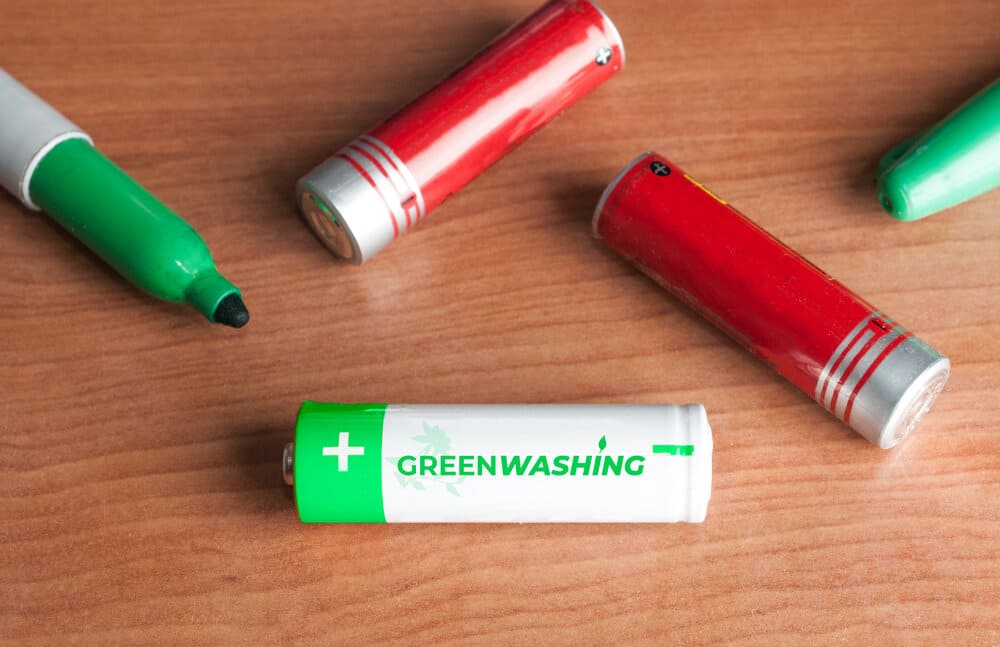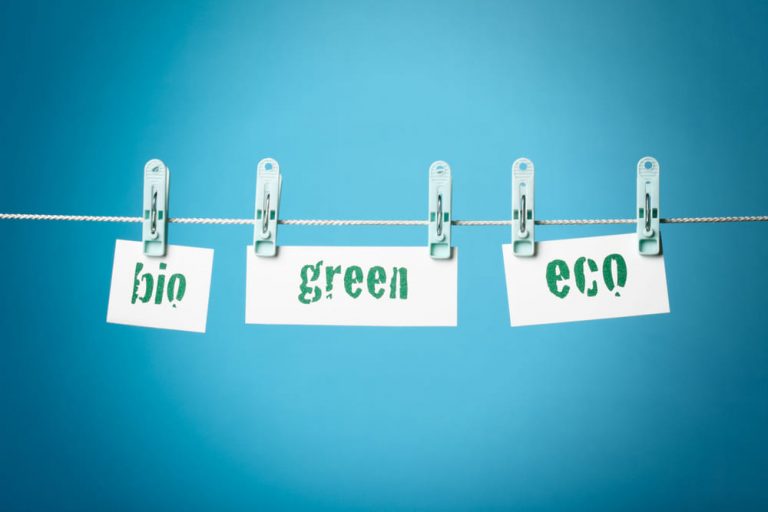News
Navigating Recyclability Claims

The public is growing more environmentally conscious, and to profit off that companies must portray themselves as environmentally sustainable. Being environmentally sustainable is easier said than done though, and sometimes companies can (intentionally or not) do what is known as “greenwashing.”
What is greenwashing?
Greenwashing can be described as claiming a service or product is eco-friendly, green or sustainable… when this is not entirely accurate.
Given the exponential rise in green marketing, the capital flowing into “green” funds, and the increasing focus of governments and consumers on detecting greenwashing, we are likely to see even more government enforcement efforts and civil suits directed at greenwashing.
On March 4, 2021, the Securities and Exchange Commission (“SEC”) announced the creation of a Climate and ESG(environmental, social, and governance) Task Force in the Division of Enforcement. The Task Force “will develop initiatives to proactively identify ESG-related misconduct,” including analyzing disclosures “relating to investment advisers’ and funds’ ESG strategies.” And on March 16, 2021, three environmental groups filed the first-ever complaint with the FTC against an energy company for alleged greenwashing. (More information here.)
Greenwashing has large financial risks to your business.
“Toyota will pay a penalty of $180 million for failing to comply with the Clean Air Act’s emissions-reporting requirements from 2005-2015, according to a filing today by the US Department of Justice.” (More information here.)
“Volkswagen admitted to cheating government emissions tests with “defeat devices,” while simultaneously promoting the low-emissions features of its vehicles. It ultimately agreed to pay $14.7 billion to settle with the Department of Justice, the State of California, and the FTC.” (More information here.)
“Walmart has agreed to pay $1 million to settle greenwashing claims that allege the nation’s largest retailer sold plastic products that were misleadingly labeled ‘biodegradable’ or ‘compostable’ in violation of California law.” (More information here.)

How can I avoid greenwashing?
A quick Google search can provide even more examples of greenwashing lawsuits. To protect yourself from greenwashing claims that haven’t been unveiled yet you can always turn to the Federal Trade Commission’s Green Guides. It’s a big read though, so here are a few key suggestions.
1. Look into who owns the product or brand.
Large corporations have earned infamy for their negative environmental impact. They know consumers who are looking to purchase environmentally friendly products won’t come to them, so instead, they acquire smaller companies. Consumers buy from the smaller companies, not knowing that they are financially supporting a large corporation.
2. Carbon offsetting is a red flag.
Carbon offsetting is when a company will try to mask the number of greenhouse gasses they are emitting by trying to remove greenhouse gasses in a completely separate process. Instead of lowering their emissions, they are maintaining them. True success comes from cutting emissions, not trying to make up for them.
3. If a clear definition isn’t provided, chances are there isn’t one.
If you find a product you’d like to buy that’s “green,” “sustainable,” “good for the environment” or “organic” that’s great! Just make sure you know exactly how. Brands that are truly environmentally conscious are proud of it and will often describe how they cut supply-chain waste or carbon emissions. If all you see is an “eco-friendly” sticker, but no description on how it earns that title, buyer beware.
4. Rebranding in an attempt to change their image.
Companies will often repackage their products to look more environmentally conscious by changing logos, colors, and sales pitches with environmentally-friendly buzzwords and imagery. Look for “natural” colors (including the look of recycled paper), animals and plants, and phrases like those we mentioned above. Is it easily recycled? Will your local recycling facility accept it? If not, it may not be truly an eco-friendly product.
5. The lesser of two evils is still evil.
With a greenwashed version of their product companies can trick customers into believing they are making a better choice. In reality, both choices are unhealthy. This baits people into giving into a name brand, but thinking they are making a better choice for the environment. For example, organic cigarettes vs. conventional cigarettes, both are harmful to a person’s health. The same can be said of regular vs. greenwashed products for the environment’s health.

For businesses looking to prevent greenwashing, the best way to do so is to foster transparency. This means taking honest steps toward operating more sustainably, setting actionable goals, tracking your progress, and producing verifiable reports. Especially when it comes to the environmental impact of your products or services, honesty is the best policy.
“Recyclability is legally defined not by potential, but by what happens in practice”
Recycling markets are dynamic. Most recycling companies or facilities don’t disclose proprietary information about the quantity and value of what they actually recycled versus landfilled. Collection data alone doesn’t account for what is actually recycled and sold not to mention the prevalence of recycling contamination. So how are you or other companies expected to figure out what is recycled in practice generally across North America? This is where the expert at iSustain can help.
iSustain helps companies become truly environmentally conscious, and we’re happy to help by guiding and assisting every step of the way. Our services page describes ways to recycle paper, plastic, metal and more. iSustain works across the country to help workplaces improve recycling rates, select the right recycling equipment and improve their bottom line. It is possible to be truly sustainable and profitable. We’d like to show you how.